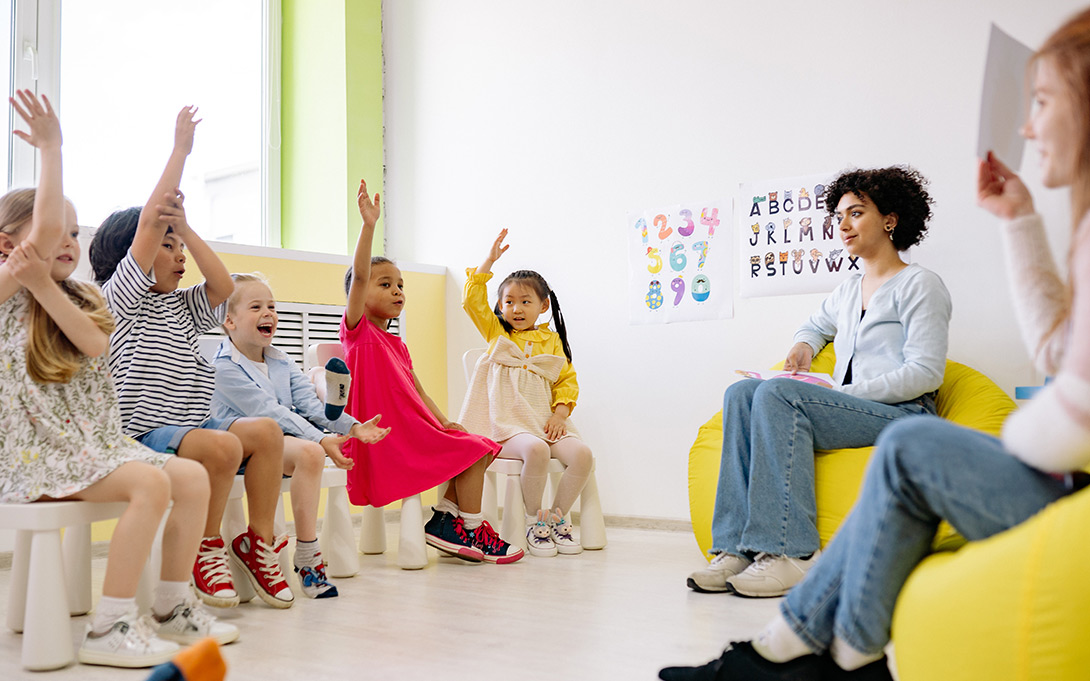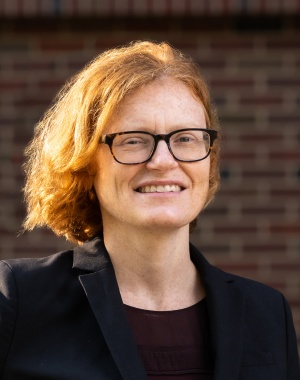
The Education Policy Initiative (EPI) along with the Urban Institute and other early childhood experts, recently dug into the effects of the COVID-19 pandemic on early childhood development. Their report, "Historic Crisis, Historic Opportunity: Using Evidence to Mitigate the Effects of the COVID-19 Crisis on Young Children and Early care and Education Programs", concluded that "what we do have is not good news," according to Christina Weiland, associate professor of education and faculty co-director of EPI.
"Some of the necessary changes that had to be done to make in-person learning environments safe for kids were not conducive to learning and social skill development," Weiland told Education Week. "And hybrid and remote learning, despite teachers' many and best efforts, was really challenging for kids, families, and teachers themselves. There's also then significantly less learning time and lower-quality instruction."
The report continues to garner interest in the education policy realm and from multiple news outlets for its groundbreaking work surrounding early childhood education.
"Even in the best of circumstance, early-childhood education is complex and challenging," Weiland said. "The pandemic increased that complexity, and the stress of early-educators' jobs across all programs has negatively impacted teachers' mental health. All of that is adding up to a current acute crisis, which is, the programs are really struggling to recruit and retain teachers at the same time that parents are expected more and more to be back in work."
Weiland specified a few of the stressors that were added onto teachers this past year for The Atlanta Journal-Constitution.
"The crisis also added immense challenges and stress for early educators — including fears about getting sick, increased financial stress, and the additional work to enhance in-person settings and to adapt to remote learning," she said.
Download
Read the entirety of the report here.
Read the news items featuring Weiland and the report below
-
Starting School After the Pandemic: Youngest Students Will Need Foundational Skills, Education Week, June 21, 2021
-
New report on early childhood: COVID is both historic crisis and opportunity, The Atlanta Journal-Constitution, June 21, 2021
